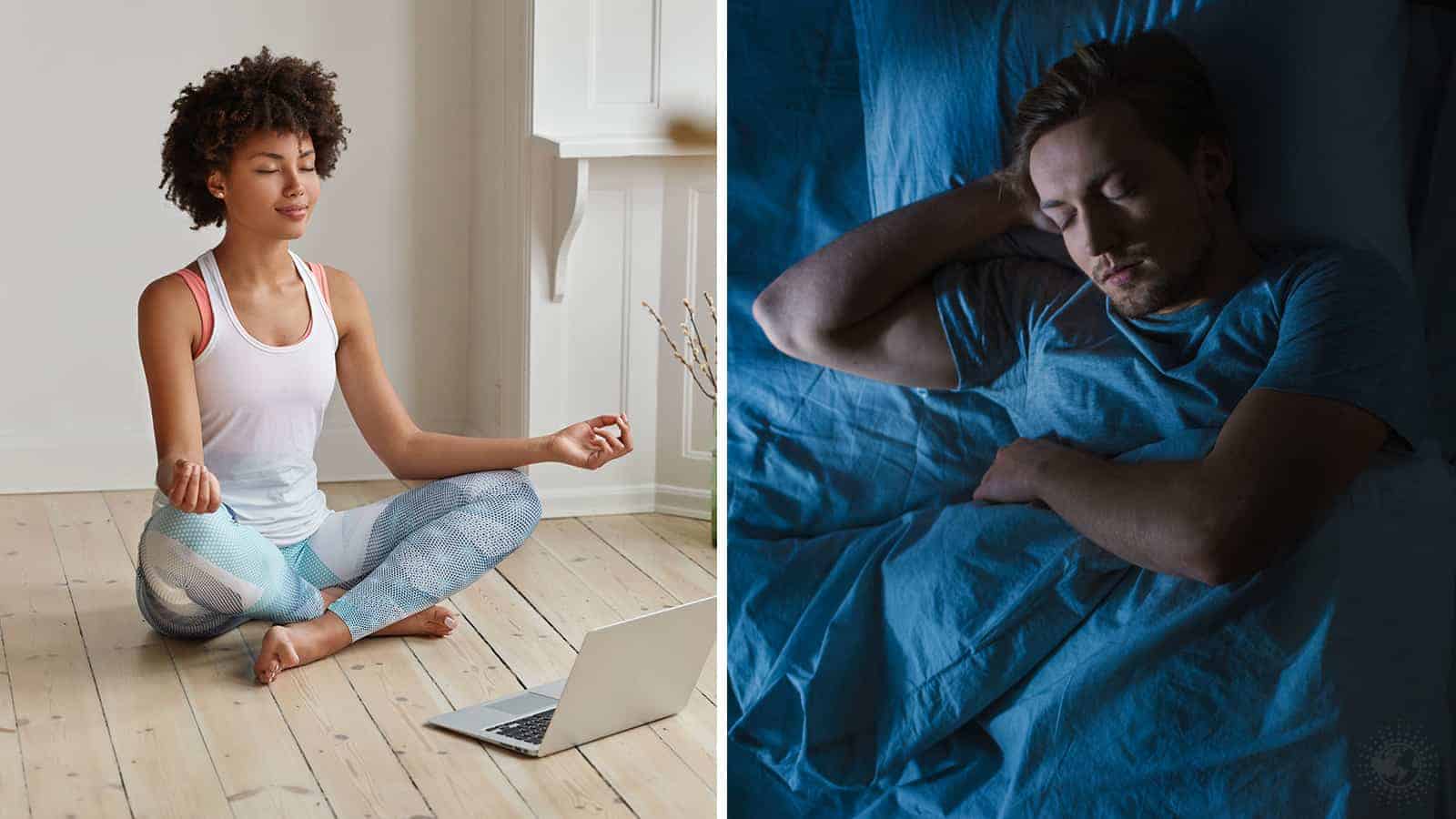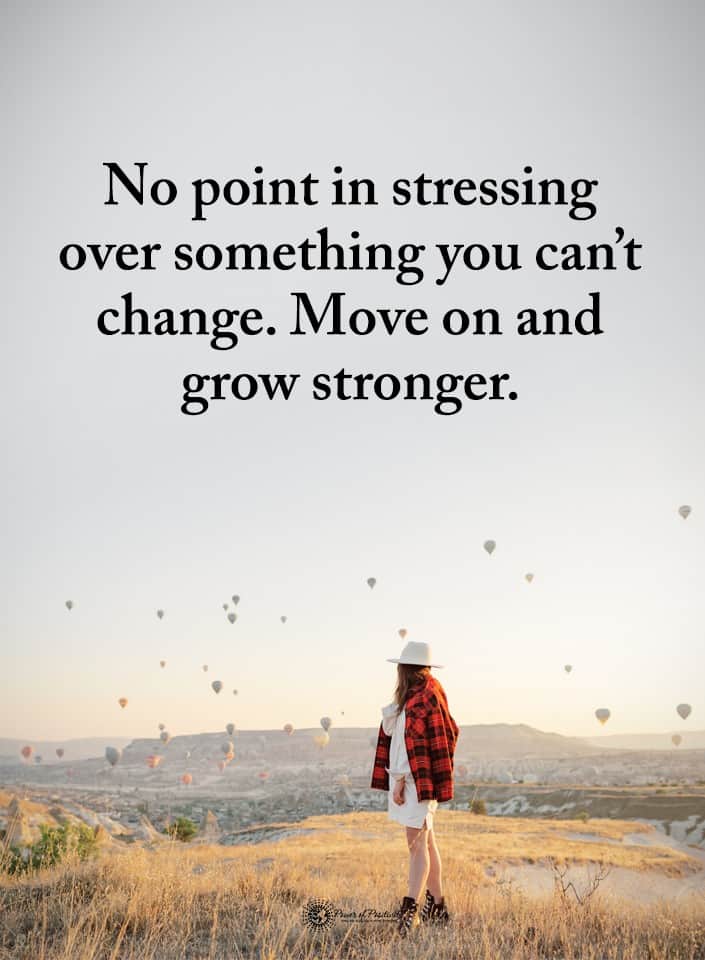Depression and anxiety are two of the most commonly diagnosed mental health problems out there. With all the stressors of today’s world and the personal issues that many people deal with, it’s no surprise that so many people struggle with these difficulties.
For many, the quest to reduce the severity of their anxiety and depression is one that never quite ends. Being able to find habits that can help in this regard is incredibly useful. As such, here are five practices that’ll help reduce anxiety and depression.
1. Sleep Well
People often underestimate the importance of sleep. It’s a therapeutic process that is crucial to your body’s ability to function, carry out proper processes, and expend energy in practical ways. Your mind is a part of your body, so it makes sense that it is affected when you don’t sleep enough. Here are some ways that this happens:
· Poor Sleep Makes You Stressed Out
Stress levels rise, and positive thinking drops when you don’t get enough sleep. This mindset starts because, without rest, you lose some of your ability to process hassles and hurdles, even when they’re minor. You can feel more distressed from random events and even experience anxiety from everyday problems as a result. You need sleep to better process your daily life!
· Poor Sleep Is An Anxiety Disorder Risk Factor
Individuals who struggle to sleep or who maintain poor sleep schedules have a higher risk of developing anxiety disorders, according to studies. This is especially true if these sleep problems remain untreated for a prolonged period, likely because sleep problems can lead to undue stress during the day.
· Poor Sleep Is A Depressive Disorder Risk Factor
Much like anxiety, insomnia and a lack of sleep are often linked to depression, and research indicates that addressing sleep issues early can prevent escalation into depression. Though more evidence is still necessary, there seems to be evidence that insomnia can directly cause depression, if not long-term depressive disorders entirely.
2. Meditate
Meditation is sometimes scoffed at or considered a “new age spiritualism” sort of deal, but research doesn’t lie! It’s incredibly beneficial to your sense of calm and relaxation, which can help with depression and anxiety. Here are some ways that this happens:
· Meditation Reduces Stress
Given meditation’s reputation for being all about tranquility, it makes sense that its performance can help stress levels. This study indicates that meditation is an effective means for stress management and promotes psychological wellbeing. This is because it helps manage the hormone cortisol, a stress hormone, and regulates its overall production.
· Meditation Reduces Negative Thoughts
If you want more positive thinking, meditation can help you. It can help you to achieve more effective emotional understanding and regulation. While you will likely still have negative thoughts now and then, but they’ll be reduced as your view changes for the positive. This can bring down depressive symptoms.
· Meditation Helps Anxiety Management
Using mindfulness and meditation as supplements for current ongoing treatment can help to reduce symptoms of anxiety disorder, often with the most positive effects on those with the most severe cases. This allows you to prevent further anxiety but circumventing stress reactivity and promoting more usable coping mechanisms.
· Meditation Is Effective Depression Treatment
Believe it or not, studies have shown that meditation is a fantastic, beneficial, and effective supplementary form of treatment for depression. This may be because meditation regulates the production of cytokines, which are inflammatory chemicals commonly released for mood management.
3. Eat Healthily
What you eat can significantly affect your mental health and positive thinking. Your entire body responds to what you choose to consume as it turns this into fuel for all the organs in your system. To function at an optimal level, it needs to right kinds of fuel in the right amounts. Without that fuel, your risk of all sorts of problems in your body is heightened, and that includes the subject of mental health.
You don’t have to eat a perfectly calculated diet to help reduce symptoms of depression and anxiety. Focusing on vital nutritional sources and lessening your intake on obviously unhealthy and empty calories – like junk foods, trans fats, candy, and processed goods – can be enough. Here are some things you need in your meals to reduce depression and anxiety:
· Carbohydrates
The idea that all carbs are bad for you is blatantly incorrect. So many carbohydrates are used in sinful, unhealthy foods, which worsens their reputation. In reality, though, carbs are necessary for the brain’s energy, as it depends on glucose, a simple sugar that comes from carbohydrates. On top of that, carbohydrates have positive effects on the production of serotonin, which is a feel-good hormone that helps with mood balance and management.
The trick is to pick complex carbs. You can find these in whole grains, vegetables, and fruits, instead of simple carbs like white rice or fried foods.
· Protein
Protein is made up of amino acids, which are crucial to hormone production in the brain. Hormones are neurotransmitters that transmit signals between different cells in the body, which is why they help you feel good. Dopamine, serotonin, and other similar hormones are famous for improving mood and providing warm, happy feelings that aid depression and anxiety management.
· Vitamins and Minerals
All minerals and vitamins are crucial for everyday health, though the necessary amount varies. Each one provides different benefits, but they’re all necessary for overall wellbeing. The best vitamins and minerals for your brain are vitamin C, vitamin D, selenium, magnesium, and zinc. You can take a simple supplement for ones you don’t get enough of; talk to your doctor first before starting on any forms of dietary help!
· Fatty Acids
Fat also has a bad reputation, but healthy fats are important for brain health. You’ve probably heard of omega-3 and omega-6 and how they help brain function, and those are two fatty acids that you can’t do without. Getting enough of these essential nutrients balances your stress levels, mood, and overall wellbeing.
4. Be Grateful
It definitely feels a little condescending to hear that you need to be more grateful to reduce depression and anxiety better. But this isn’t to say that your feelings aren’t valid because you don’t have a “good reason” to be anxious or depressed.
Instead, the advice to be more grateful is rooted in the scientific fact that practicing gratitude changes your brain functions. You can both recognize and validate your emotions and experiences while acknowledging things in your life that are good! Here are some ways that gratitude is good for mental disorders and imbalances:
· It Improves Self-Esteem
Feeling gratitude changes the way you view yourself. You begin to recognize your strengths and feel grateful for them, which means you compare yourself to others much less and are more appreciative of your capabilities. It also means that you become more glad for the features you may have previously disliked in yourself, as you start to find positive things about them.
· It Makes You More Resilient
In this context, resilience refers to managing stressors, setbacks, and even triggers for depression and anxiety in more positive ways. Studies find that expressing and experiencing gratitude can help you to be more resilient in the face of trials and tribulations. This is likely because gratitude teaches you to find lessons and silver linings in bad times.
· It Helps You Sleep
Remember how we said that better sleep means better management of depression and anxiety? Well, being more grateful can help your sleep quality! It scans that when you feel more positive about the world around you, you also feel less worry that keeps you up at night, and you feel more relaxed and happy when you turn in for the day.
· It’s Good For Psychological Health
A lot of different emotions cause stress, anxiety, and depression. These feelings include envy, regret, frustration, and resentment. Gratitude allows you to rise above these feelings, preventing them from taking root within you and festering into symptoms of more significant problems.
5. Exercise Can Reduce Depression and Anxiety
It’s a bit eye-roll-worth to recommend exercising to ease mental disorders. And it’s true that it alone isn’t sufficient for treatment. But if you want to reduce symptoms, then it can certainly help! After all, exercise is critical for the improvement of many different bodily functions. So it’s natural that the brain is among the organs it aids. Here are some ways that it does so:
· It’s Distracting
When you exercise, you have to focus on the physical sensation of the activity. It takes effort and energy to work out, and as you pant and huff, you’re taking your mind away from your anxieties and working your stress off into that lost energy.
· It Releases Feel-Good Hormones
When released in balanced amounts, we’ve already discussed how certain neurotransmitters can help regulate emotion, stress, and mood. Exercise can provide those balanced numbers of hormones, especially with endorphins. This is why so many people who exercise experience “runner’s high,” which is a state where their body has released so many feel-good hormones during their workout that they feel outstanding afterward! It’s beneficial for depression and anxiety, as it sends warm feelings with those good hormones that reduce their effects.
· It Boosts Confidence
Exercise can improve your confidence because it’s achievement-based. When you set a goal to hike up a trail and successfully reach the end, you can give yourself a pat on the back for a job well done. Besides, exercise can often improve your appearance towards your desired look, which can also help your self-esteem.
· It Changes Brain Function
Depression and anxiety are symptoms of imbalances in the brain, and exercise can help to manage that. Research has shown that it can help the hippocampus and the hypothalamic adrenal pituitary, both parts of the brain responsible for stress response and regulation.
Final Thoughts On Some Habits That’ll Help Reduce Depression and Anxiety
It’s tough to live with and manage anxiety and depression, especially if your symptoms are severe. Practicing habits that have been proven to help with these issues can make the fight easier. If you need further assistance, know that there is no shame in seeking professional help and advice!

















 Community
Community

